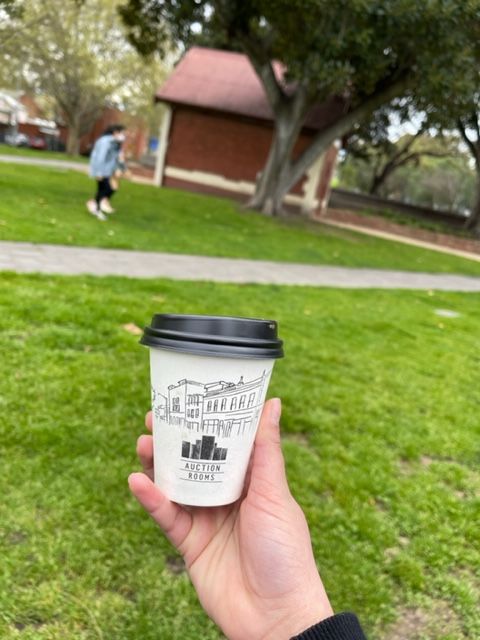Where am I?
A dive into the phase of new beginnings through the culture shock lens
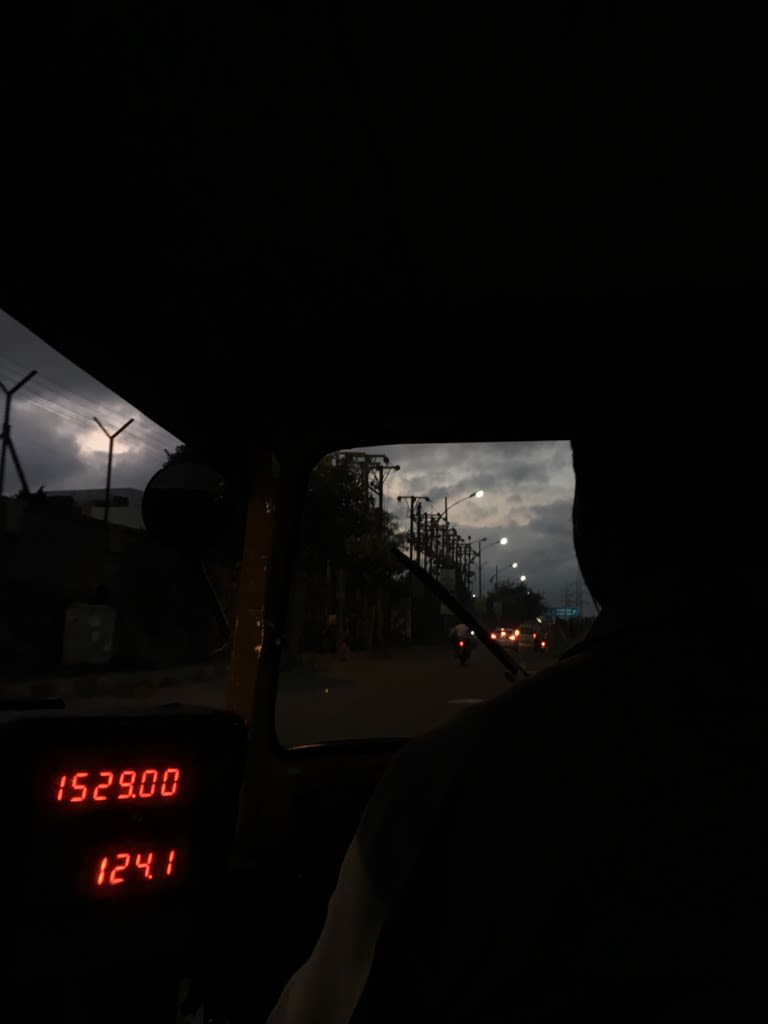
Let's talk about culture shock, shall we?
We all have heard about the word culture shock at least once and for those who have no clue as to what exactly culture shock is, it is referred to as an experience that a person goes through when they move to a cultural environment which is different from their own.
But, one can’t be sure that they will go through the same experience as someone who has been in their situation. As the journey begins, living abroad on your own can be daunting to some, but eventually they begin to familiarize themselves with the culture and changes that come with the city or country altogether.
It can come as a surprise for some people when they start to witness stark differences in the lifestyles of people in their new host country. It can seem like a minor inconvenience at the onset, but it tends to impact some individuals in a way that can result in broader psychological issues.
Hence, it is an issue that needs to be addressed for the betterment of people planning to settle down in a country other than their home country.
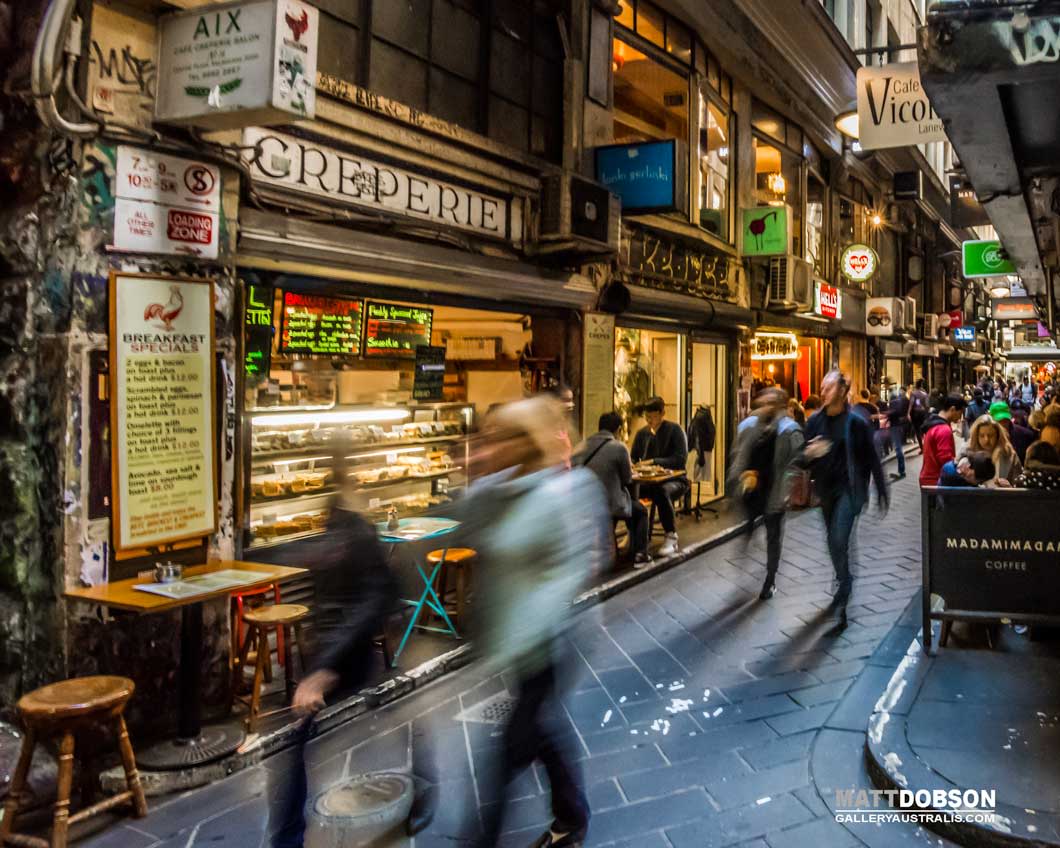
When you move away from your home country to settle in a foreign land as an international student, it comes with its shocks and realizations.
During this time you may go through a wide range of emotions from alluring and excitement, to loneliness and frustration as you leave behind your home and are away from your loved ones.
Even though you will feel pressured to fit into or adapt to the new culture that you are presented with, take your own time and keep moving towards making it a rich experience for yourself in the new land. There is not an exact time period for how long cultural adjustment might take, so it is normal to move at your own pace when it comes to settling into a new atmosphere.
Melbourne is considered as a culturally diverse global city and attracts many international students due to its highly recognized education and opportunities for work experience.
City of Melbourne stated that the international education industry has a significant contribution to Melbourne’s knowledge sector in boosting “as an international center of excellence for tertiary education".
When these international students first land in Melbourne, they are bound to feel a sense of change in their surroundings as they leave behind all that is familiar to them in their own culture and start to adapt to the new cultural and social environment that they have stepped into.
The expectations that they face from their family, society and themselves can get quite overwhelming for some and result in an impact on their mental health.
Therefore, there is an urgent need to provide international students with the services and support that they require to get through this phase of culture shock in their life.
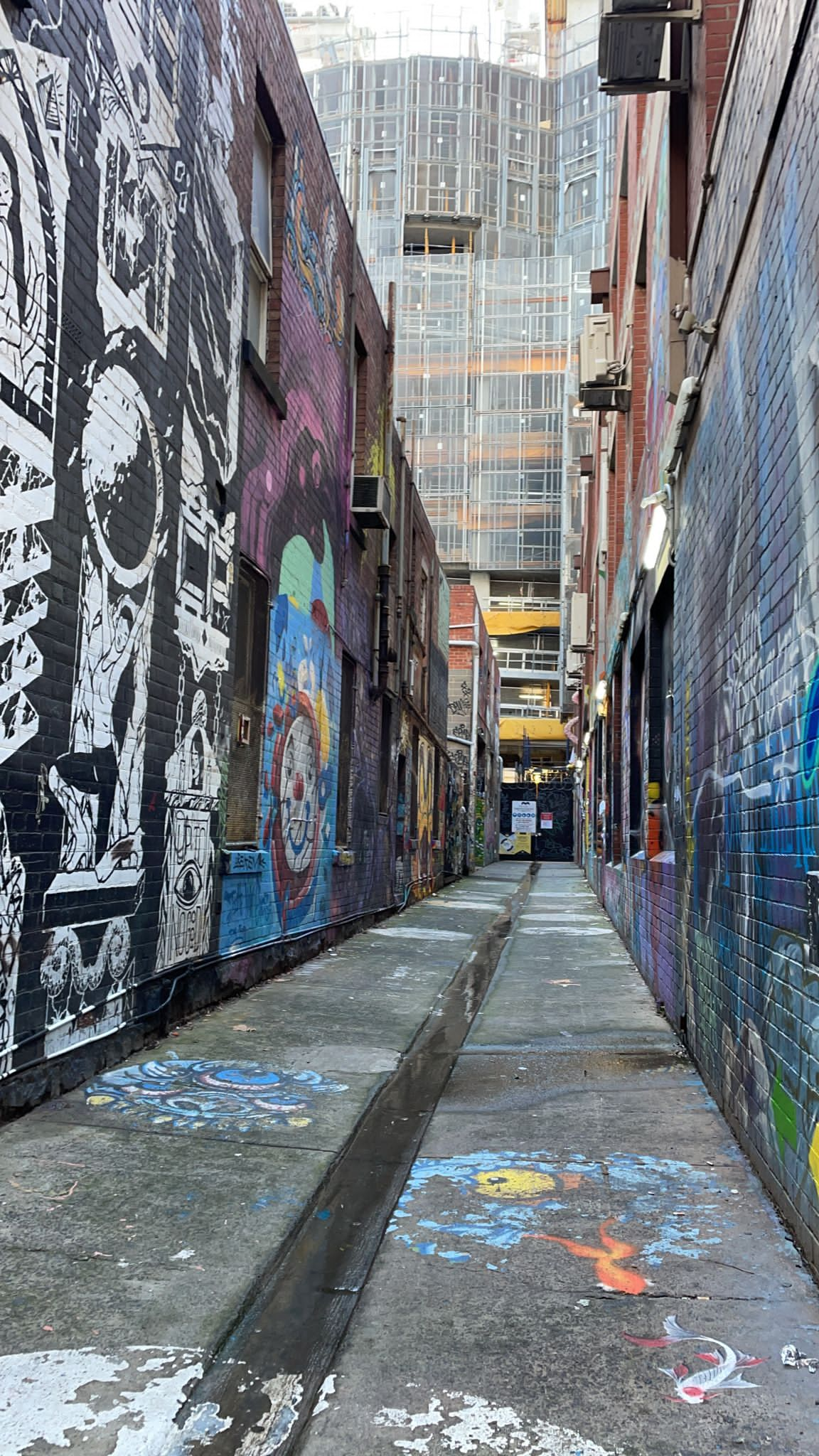

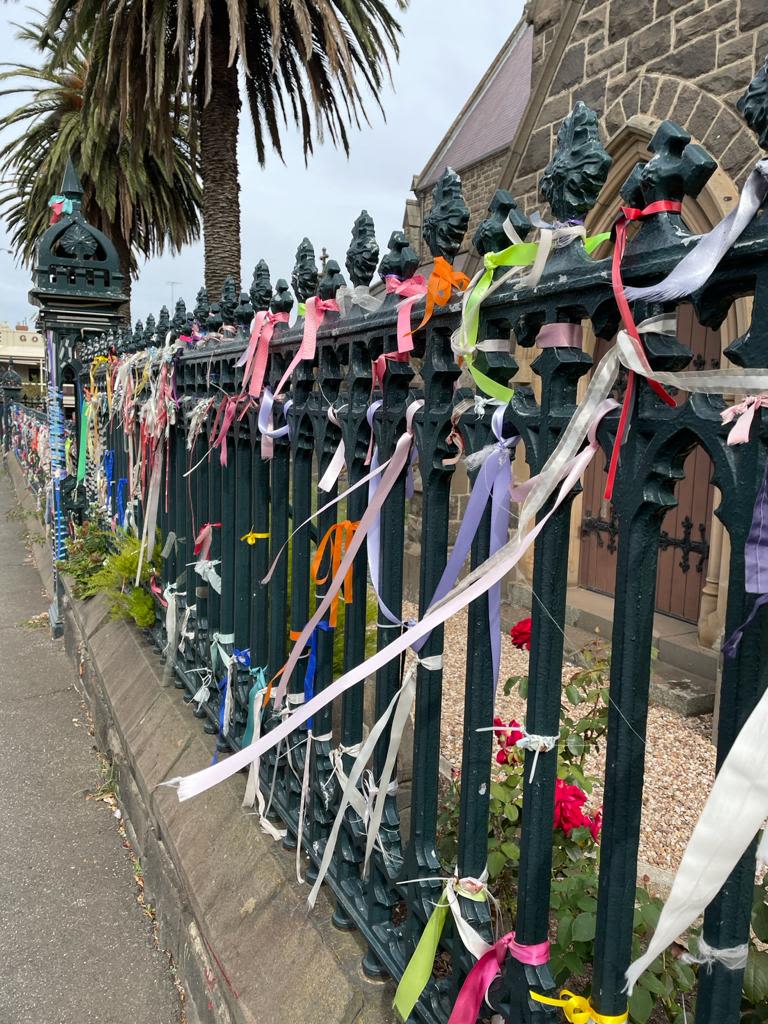
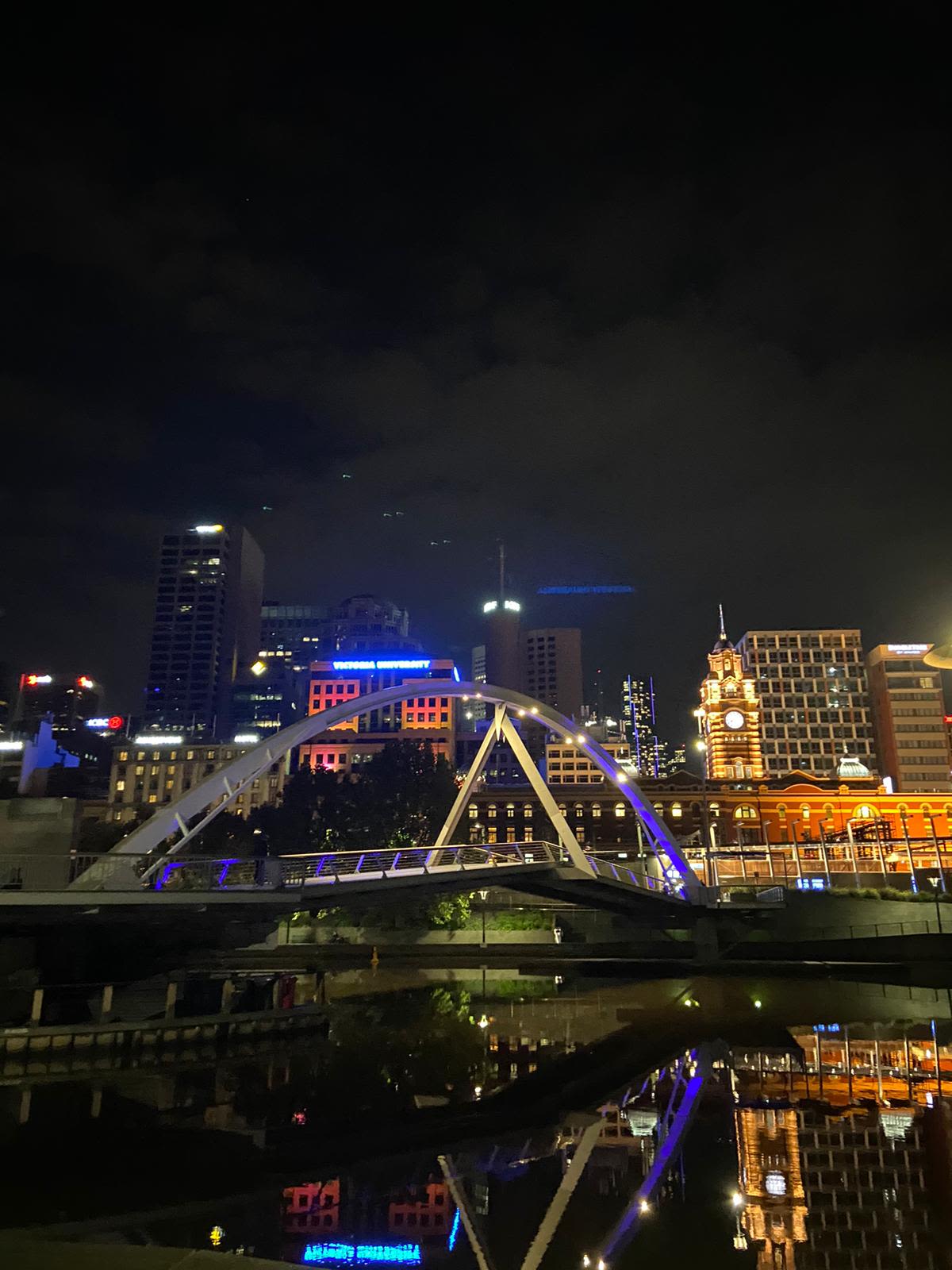

Netanya Castillo, Exchange Student at RMIT
Netanya Castillo, Exchange Student at RMIT

Ballarat, Victoria
Ballarat, Victoria

Southbank, Victoria
Southbank, Victoria
Netanya Castillo, Exchange Student at RMIT
Netanya Castillo, Exchange Student at RMIT
According to research, culture shock can be divided into four stages.
1. Honeymoon Stage: This is the initial stage and occurs when you first arrive in your new home and are excited and enthusiastic about getting to know this beautiful city. Every minute difference in the culture seems incredibly fascinating and this feels like the best decision of your life.
2. Rejection/Frustration Stage: The cultural differences that seemed interesting at the start might become a source of frustration for some as adapting to something new takes time. This makes you miss your home country as you start comparing the changes that you notice.
3. Gradual Adjustment Stage: After having spent some time in the new city, you start to feel familiar with the things around you. It begins to seem better as you slowly learn to be more comfortable with various cultural differences that you notice on a daily basis.
4. Adaptation Stage: This stage takes some time to get to, but is gradually attained. You slowly start having a daily routine and begin living a real life in a place that almost seems like your home now. You seem to have gotten a better grip at the cultural differences and language that the majority of the community speaks. Life somehow seems easier.
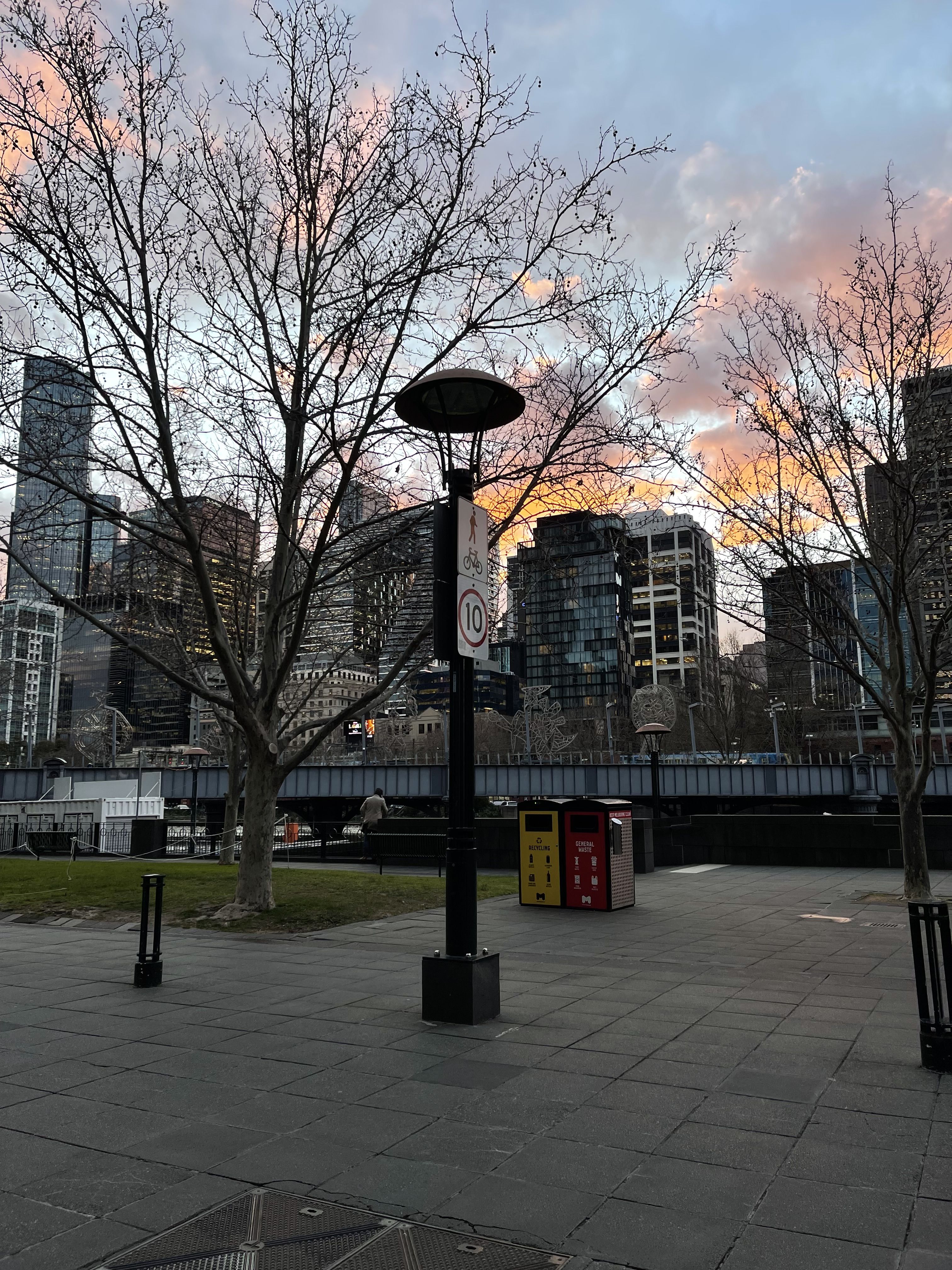
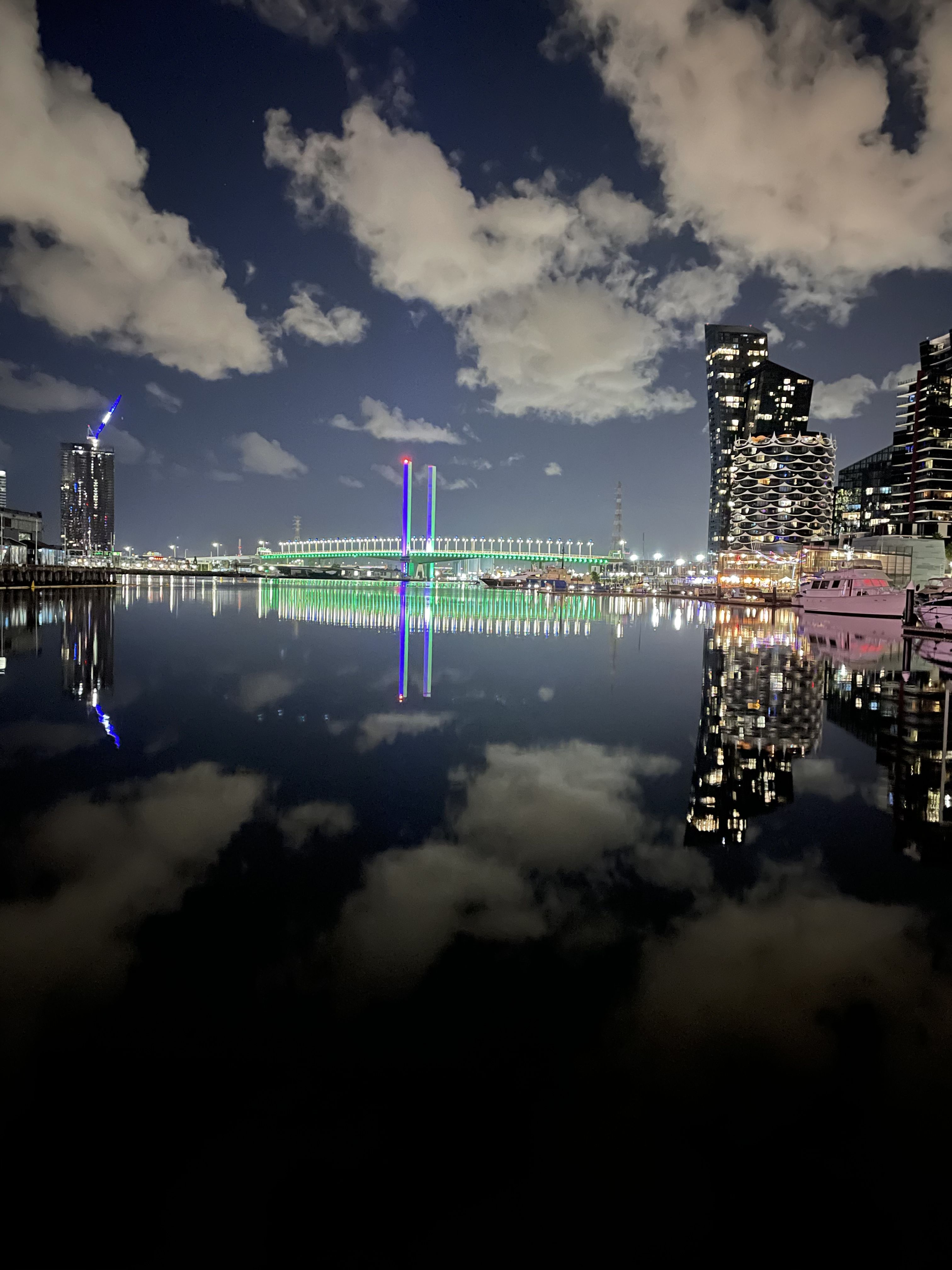
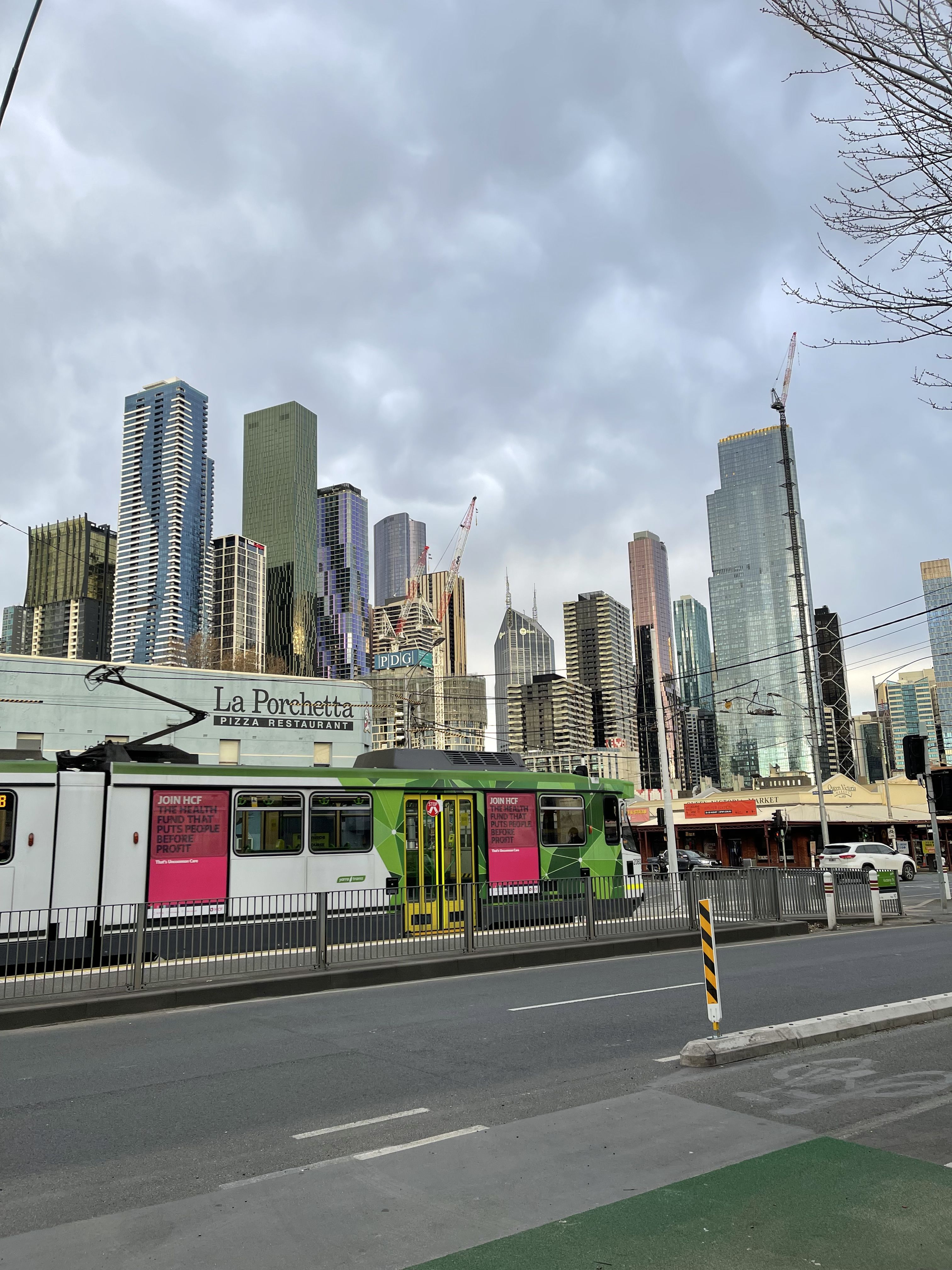
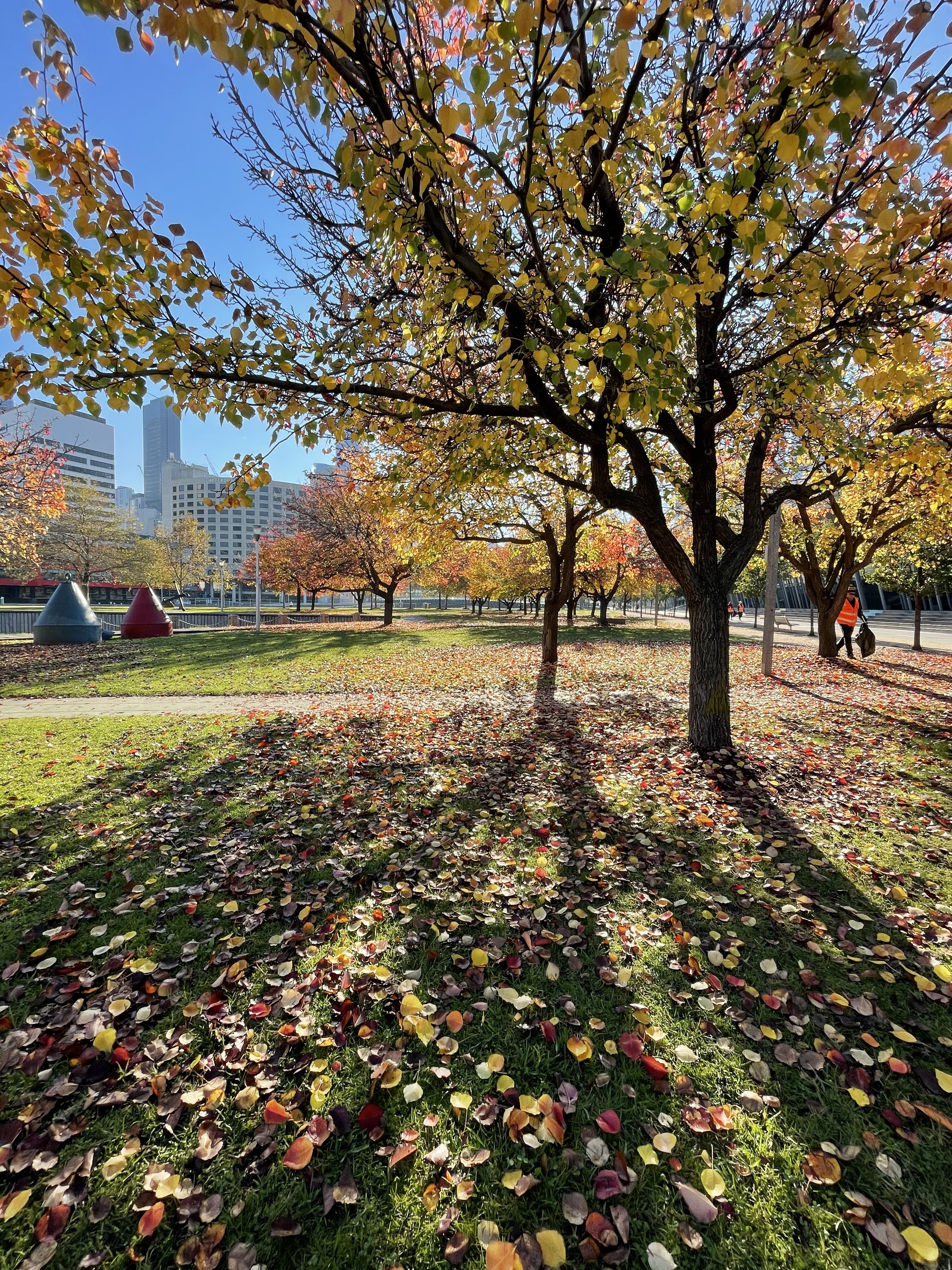




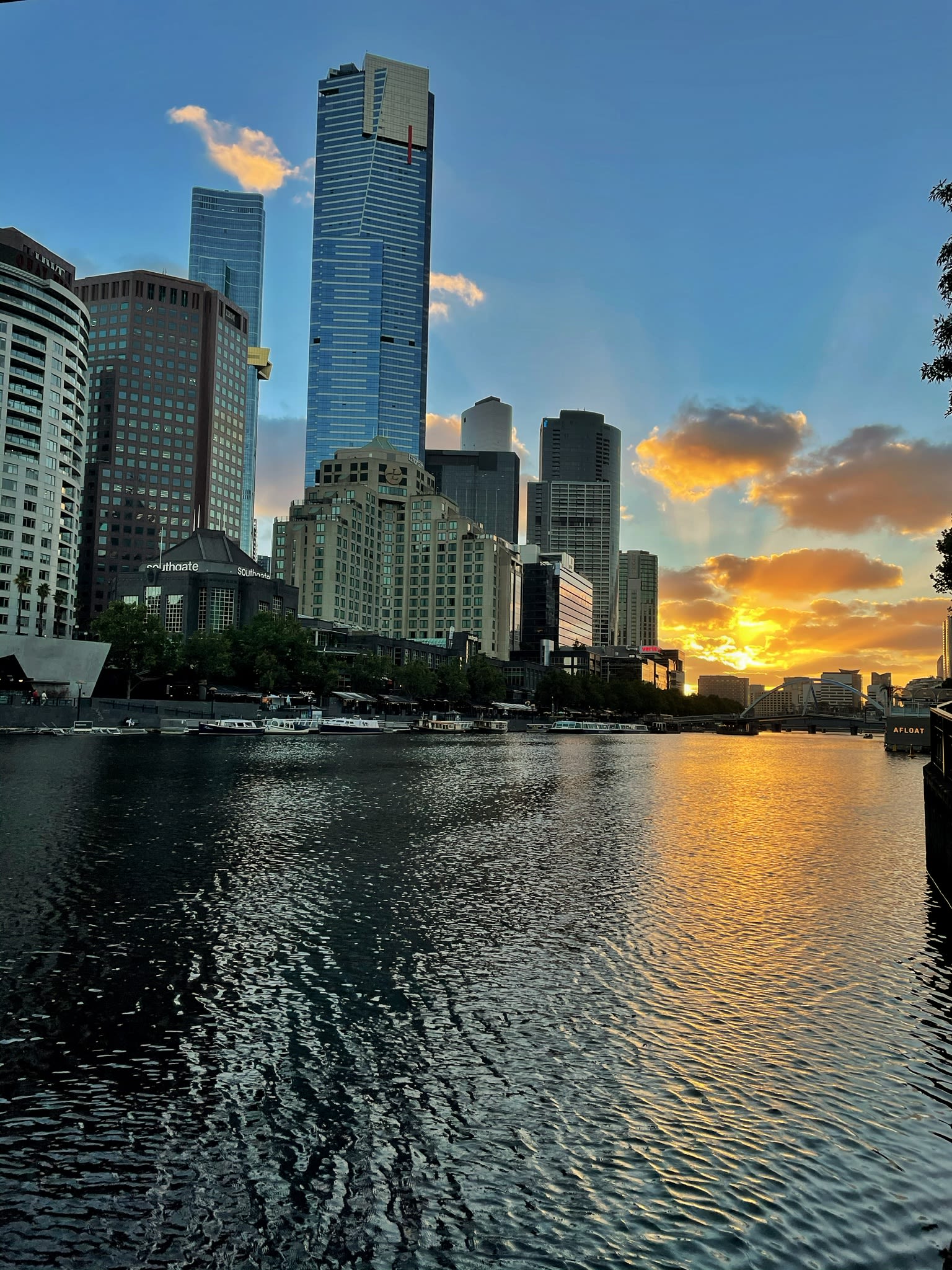

Gabriela Caeli Sumampow, International Student at RMIT
Gabriela Caeli Sumampow, International Student at RMIT
Gabriela Caeli Sumampow, International Student at RMIT
Gabriela Caeli Sumampow, International Student at RMIT
Gabriela Caeli Sumampow, International Student at RMIT
Gabriela Caeli Sumampow, International Student at RMIT
Gabriela Caeli Sumampow, International Student at RMIT
Gabriela Caeli Sumampow, International Student at RMIT

An international student from Sri Lanka studying at RMIT, Achini Caldera said, "Language did act as a barrier when I first came to Melbourne. I noticed that our class sort of got divided into two groups, one where everyone who was fluent in their mother tongue so mostly Asians, and the others who didn't fit in were forced to stick together, so it made choosing your own friends a bit more difficult."
"I think I chose photography as an outlet to avoid going through the process of making friends all over again when I landed in Australia. So, I just ended up barely talking to a lot of people in my first year after coming here as it seemed quite daunting." said Jeremy Gan, an international student from Indonesia studying at RMIT.
"I realized that China is not the same as Melbourne when I came back home for holidays as my mother kept bugging me about my clothing choices for when we're outside but when I was in Melbourne, nobody seemed to care about what you wear or how you look in public, and are nice to you regardless of dressing sense. So, that was a big change for me personally." said Peixuan Lyu, an international student from China studying at RMIT.

A senior lecturer in French Studies and Intercultural Communication at RMIT University, Dr Chantal Crozet said, “The expectations from the host country, Australia, well I don’t think the expectations are quite the same as it is mainly from the country of origin, their families and their own expectations they have of themselves, and if it not happening as they ideally anticipated, then there is definitely this space that the universities should think about to allow the sorting out of those feelings and experiences.”
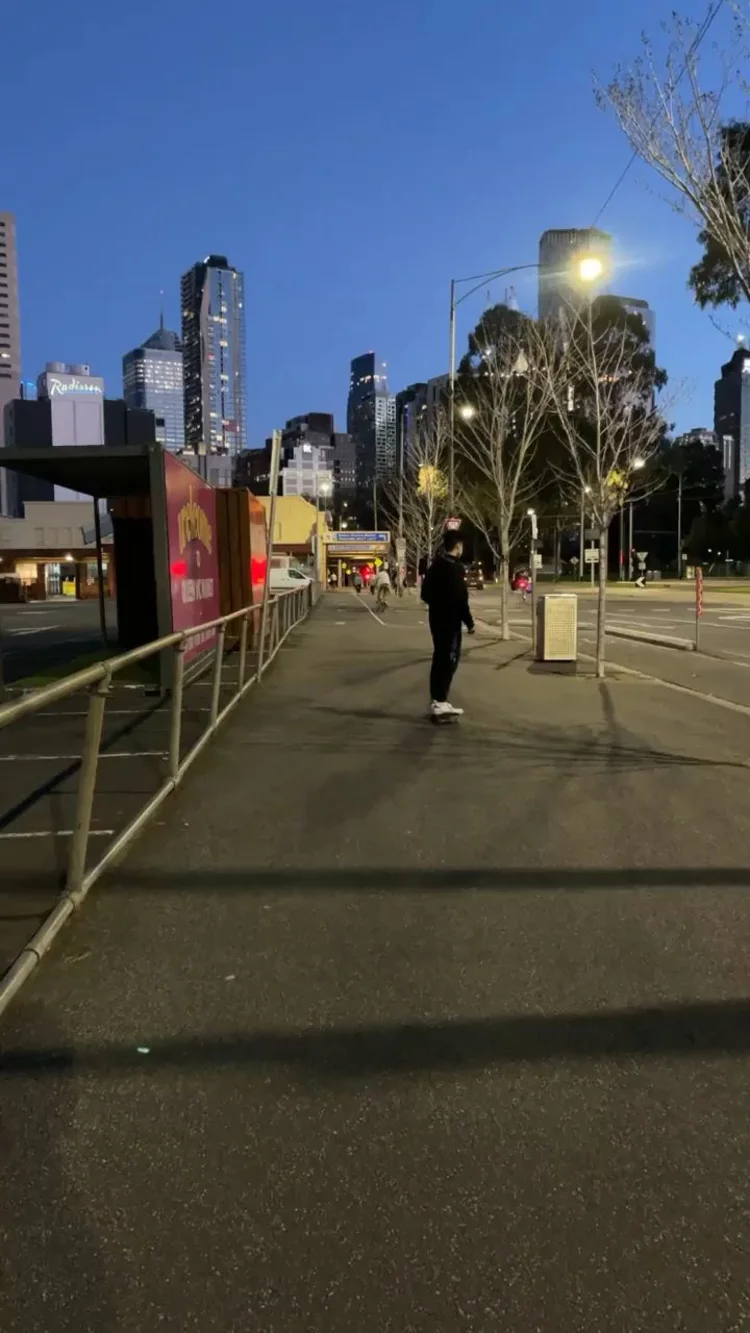



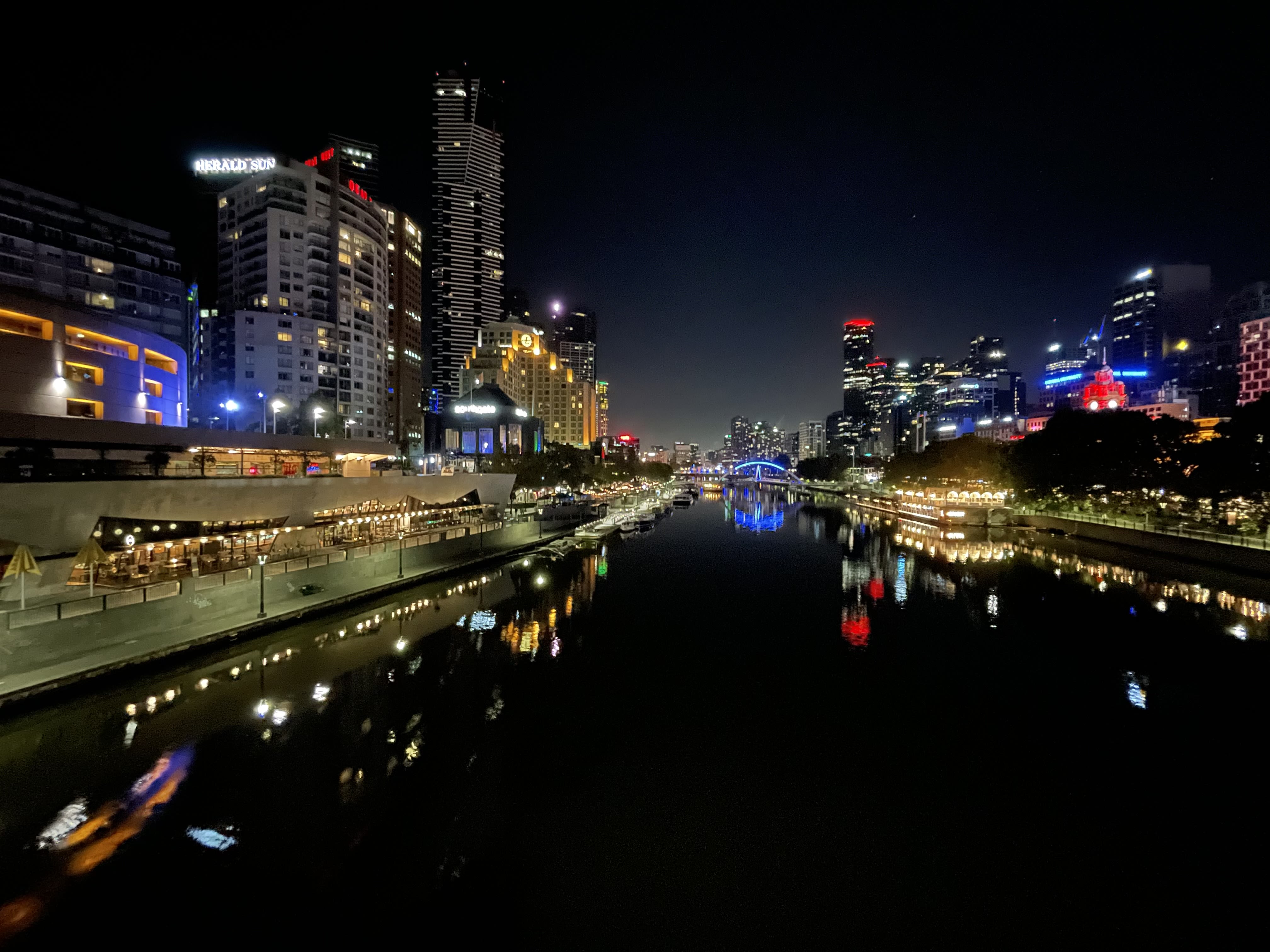

Sky High Mount Dandenong, Victoria
Sky High Mount Dandenong, Victoria
Dr Chantal Crozet, Senior Lecturer in Intercultural Communication at RMIT
Dr Chantal Crozet, Senior Lecturer in Intercultural Communication at RMIT
Dr Chantal Crozet, Senior Lecturer in Intercultural Communication at RMIT
Dr Chantal Crozet, Senior Lecturer in Intercultural Communication at RMIT

Melbourne CBD, Victoria
Melbourne CBD, Victoria
Credit:
Page 2 Photo By- Matt Dobson, Gallery Australis
Special Thanks:
Dr Chantal Crozet
